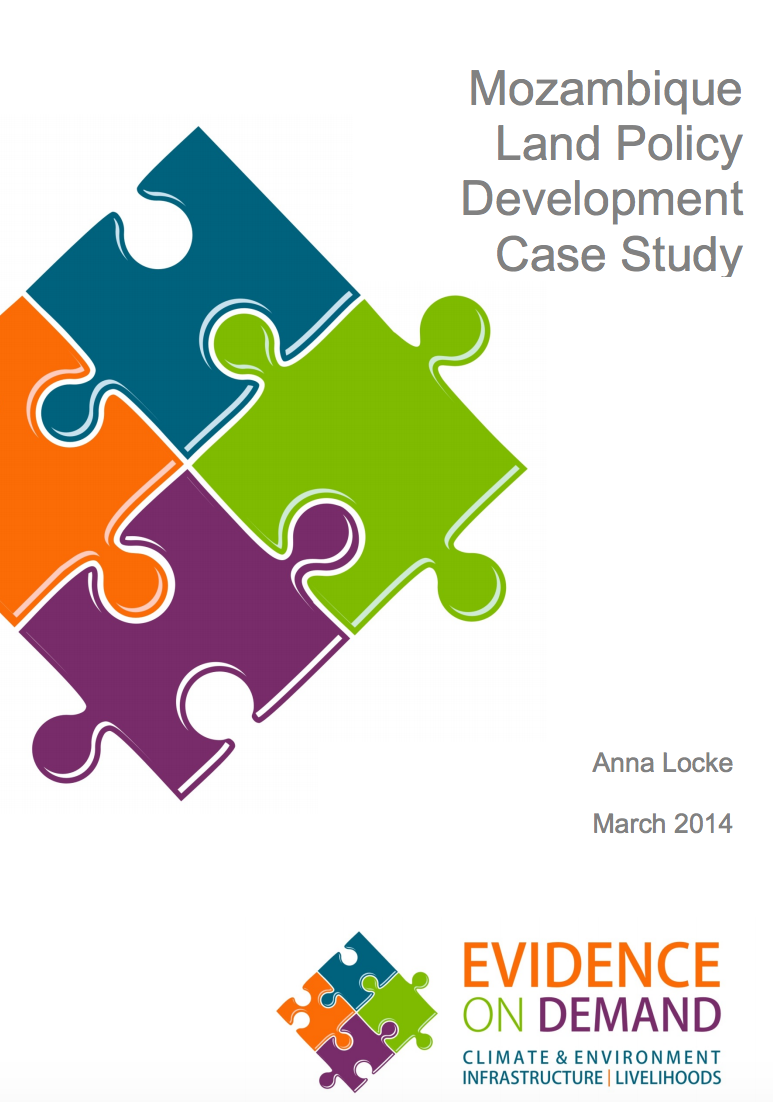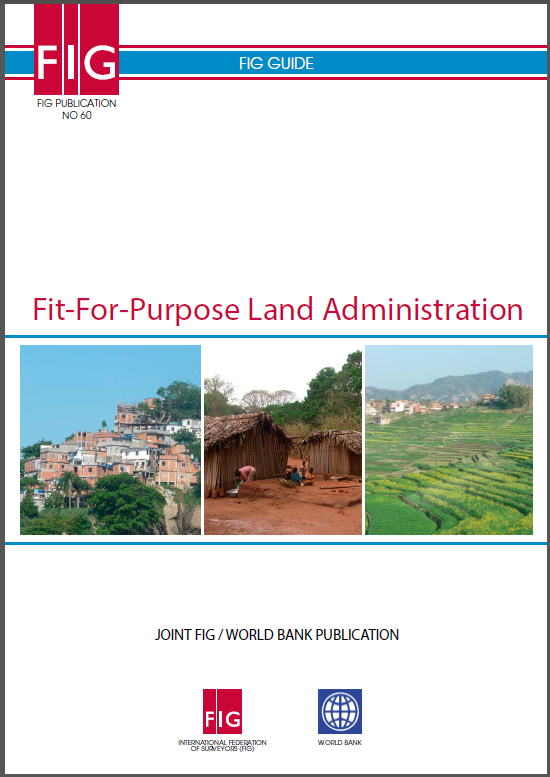A political anatomy of land grabs
The phrase “land grab” has become common in Myanmar, often making front page news. This reflects the more open political space available to talk about injustices, as well as the escalating severity and degree of land dispossession under the new government.
But this seemingly simple two-word phrase is in fact very complex and opaque. It thus deserves greater clarity in order to better understand the deep layers of meaning to farmers in the historical political context of Myanmar.







